Feeling the chill? HVAC pros reveal if you should close your window’s trickle vents in winter
Optimize your home's airflow while keeping it cozy


With January in full swing, the colder weather has well and truly set in, with frost, sleet and snow a regular sight.
More often than not, this drop in temperature will also be reflected inside your home, regardless of the heating and draft-proofing measures you may have taken.
So, should you close your window's trickle vents in winter to keep things more cozy? Here, HVAC experts explain how to keep your house warm without turning up the heat, and share why it's actually best to keep your trickle vents open.
Should you close your window's trickle vents in winter?
In short, no.
Whilst in winter, one of the most important things when keeping a home warm all day is using DIY draft-proofing tips to keep the heat in, it may surprise you to know that, in general, HVAC experts don't recommend closing your window's trickle vents.
These are the small air flow vents integrated into window frames and doors, which are often used as a way to ventilate your home in winter without increasing energy bills.
Kevin Goude, experienced HVAC expert and owner at First Choice, says, 'It depends on your home's insulation, HVAC system, and local climate, but generally no, you don't need to close them. These vents help maintain airflow, reduce your home's humidity, and prevent mold growth, even in winter. Closing them may lead to stale air and condensation inside windows, which can affect both your home and health.'
Josh Mitchell, HVAC technician at AirConditionerLab, also points that that without fresh air, pollutants and allergens are unable to escape, 'which might make air quality issues worse for everyone, particularly those with respiratory conditions.' This means closing your window's trickle vents is a mistake compromising your home's air quality that is best avoided.
While Mitchell and Goude both appreciate that a minimal loss of warm air and a slight increase in outdoor noise are potential drawbacks, they can easily be overcome. 'The warm loss can be mitigated with energy-efficient solutions like space heaters (such as the Dreo Space Heater for Inside available at Walmart) and there are modern vents that have a high degree of soundproofing, such as the SF Xtra Sound Attenuator (Acoustic) Vent available at Titon,' recommends Goude.
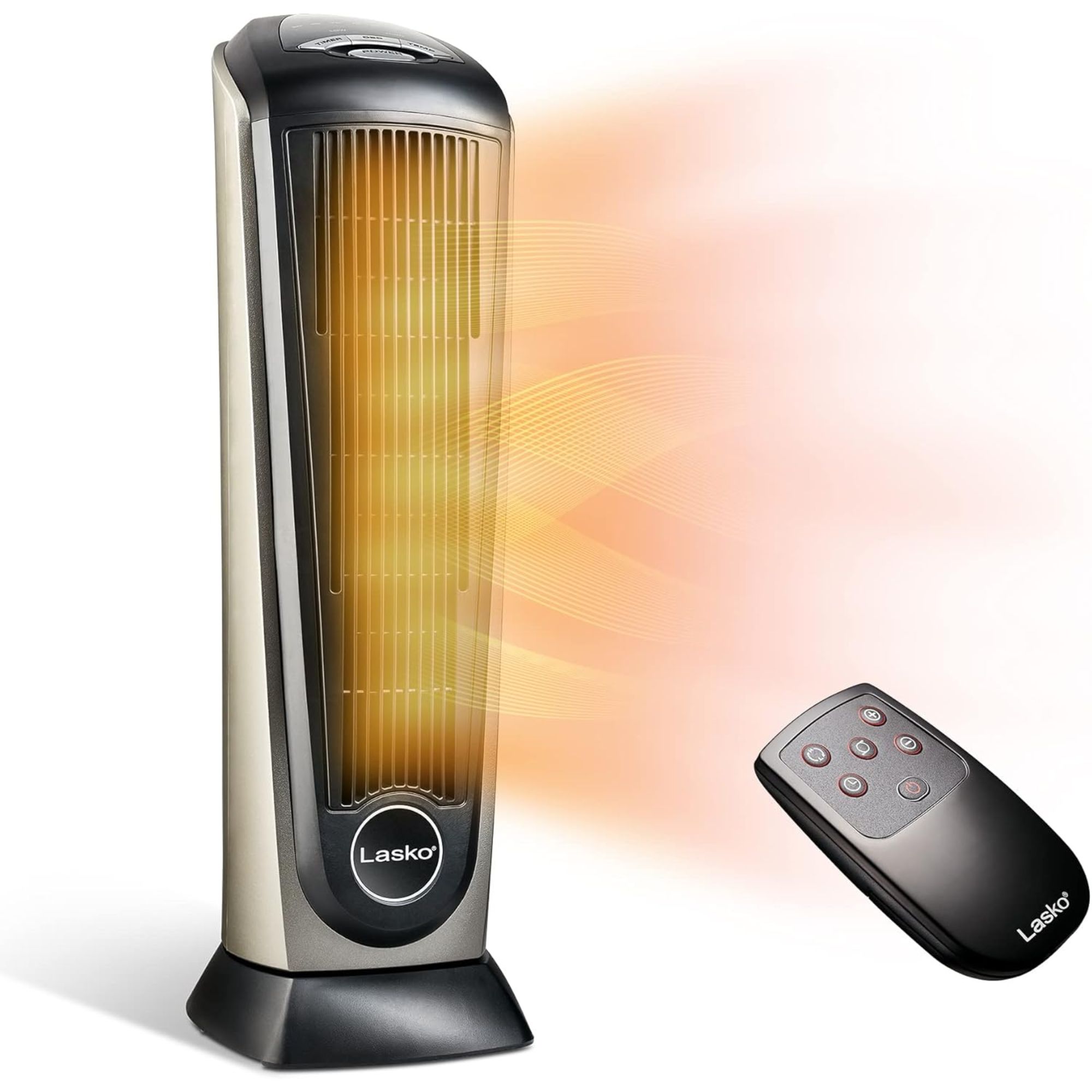
This well-priced heater has an adjustable thermostat, remote control a digital display, with two quiet modes ease.
To get the maximum benefit from your window's trickle vents, Goude recommends using them differently in different rooms.
'In high-moisture areas, like the basement, kitchen and bathrooms, keep them fully open. For all other rooms, such as living rooms, dining rooms and bedrooms, use the partially open mode.
'And, upgrade vents by using activated, cut-to-fit carbon filters in them, such as the Breathe Naturally Universal Cut To Fit Activated Carbon Air Filter available at Amazon – they can be trimmed to fit various vent sizes, including trickle vents.'
If you have a considerable amount of condensation in your home, opening windows in winter will reduce condensation, and balance airflow in your home, even throughout the colder months.
If you're unsure how often you should open windows in winter, this will vary depending on the weather, but, in general, no longer than a few minutes is more than enough to improve ventilation in your home and avoid any habits that increase the risk of mold.
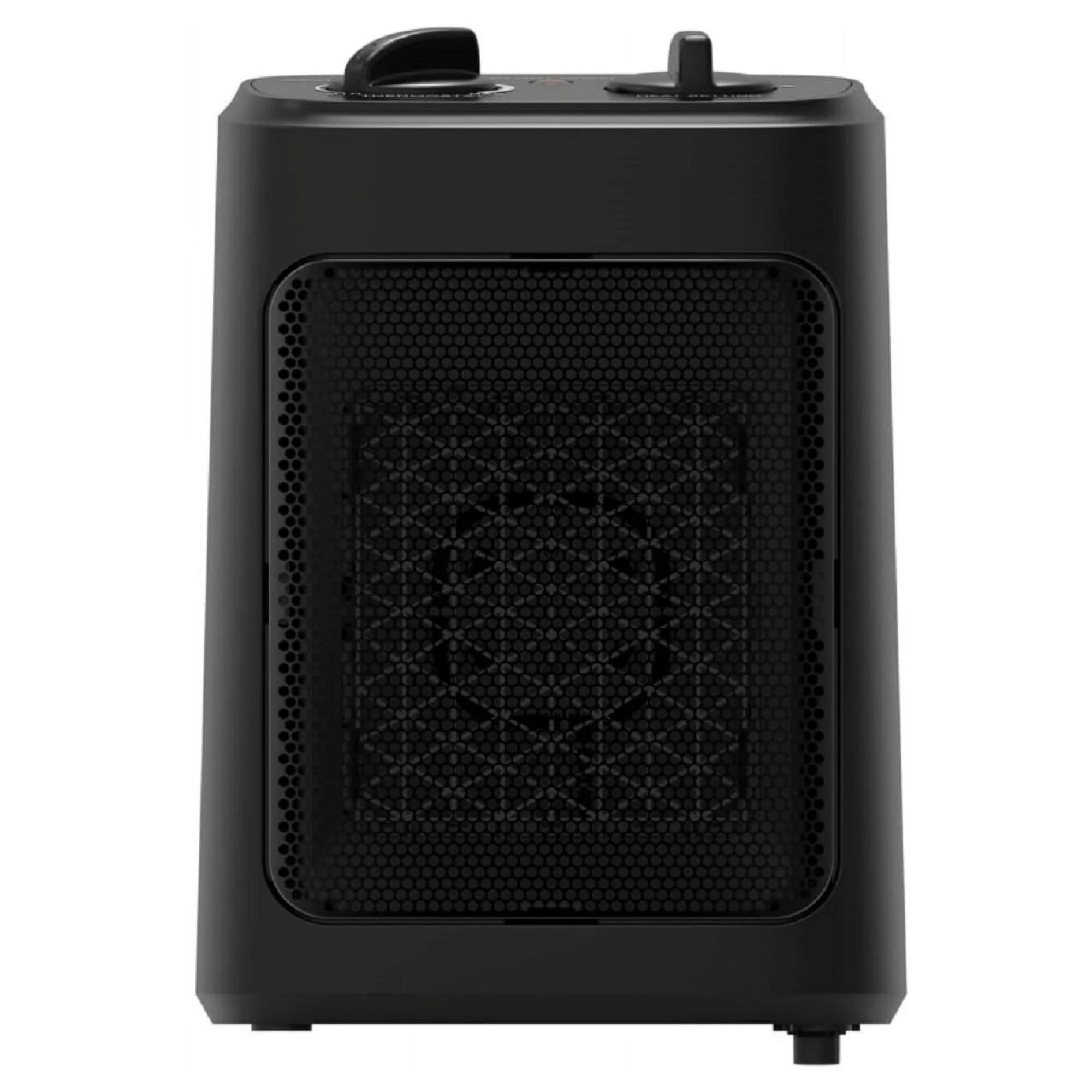
This portable and lightweight space heater creates energy efficient warmth quickly, helping you save money at home by cutting energy bills.
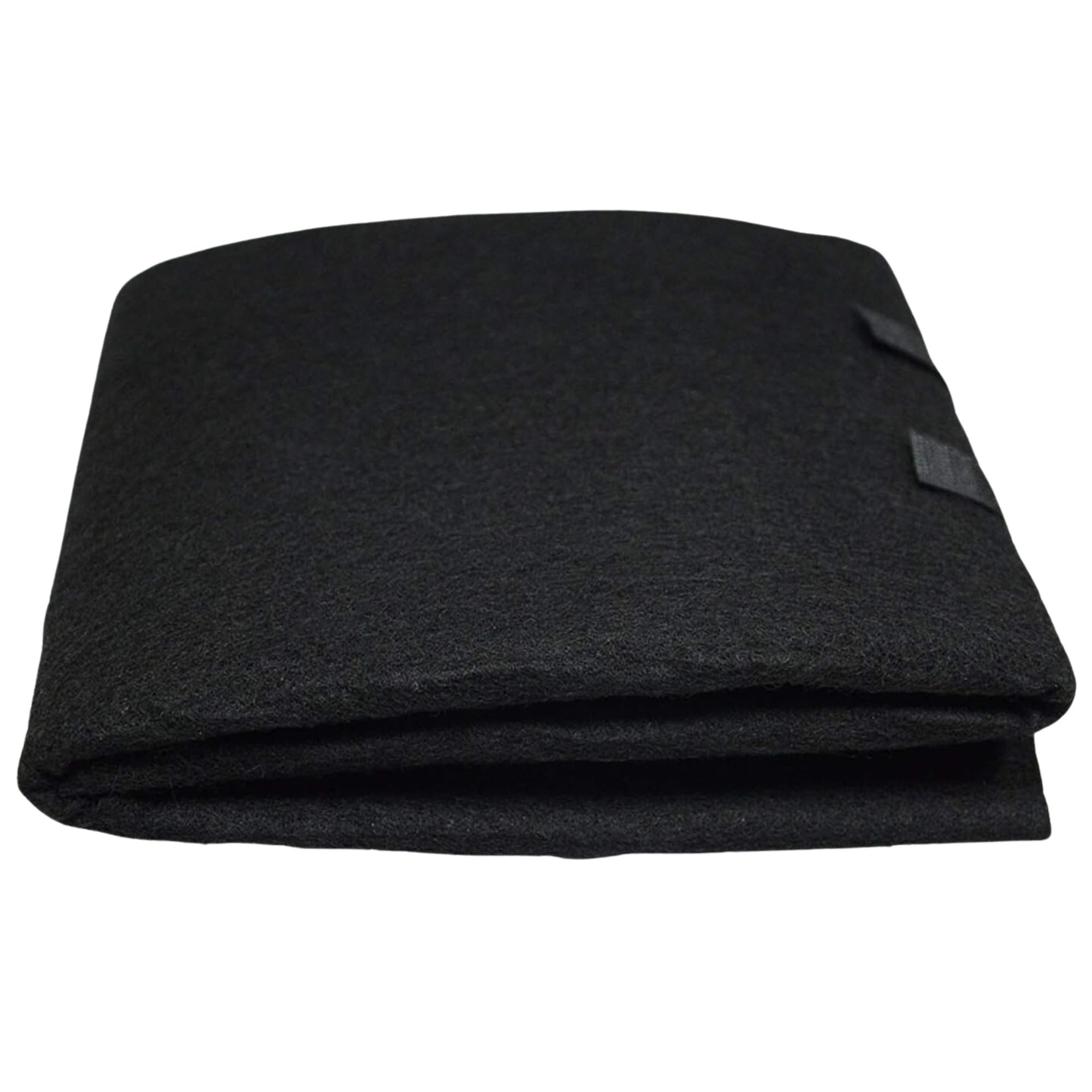
This charcoal sheet can be cut to fit air purifiers, air conditioners, range hood filters, dehumidifier filters, and more, including window trickle vents.
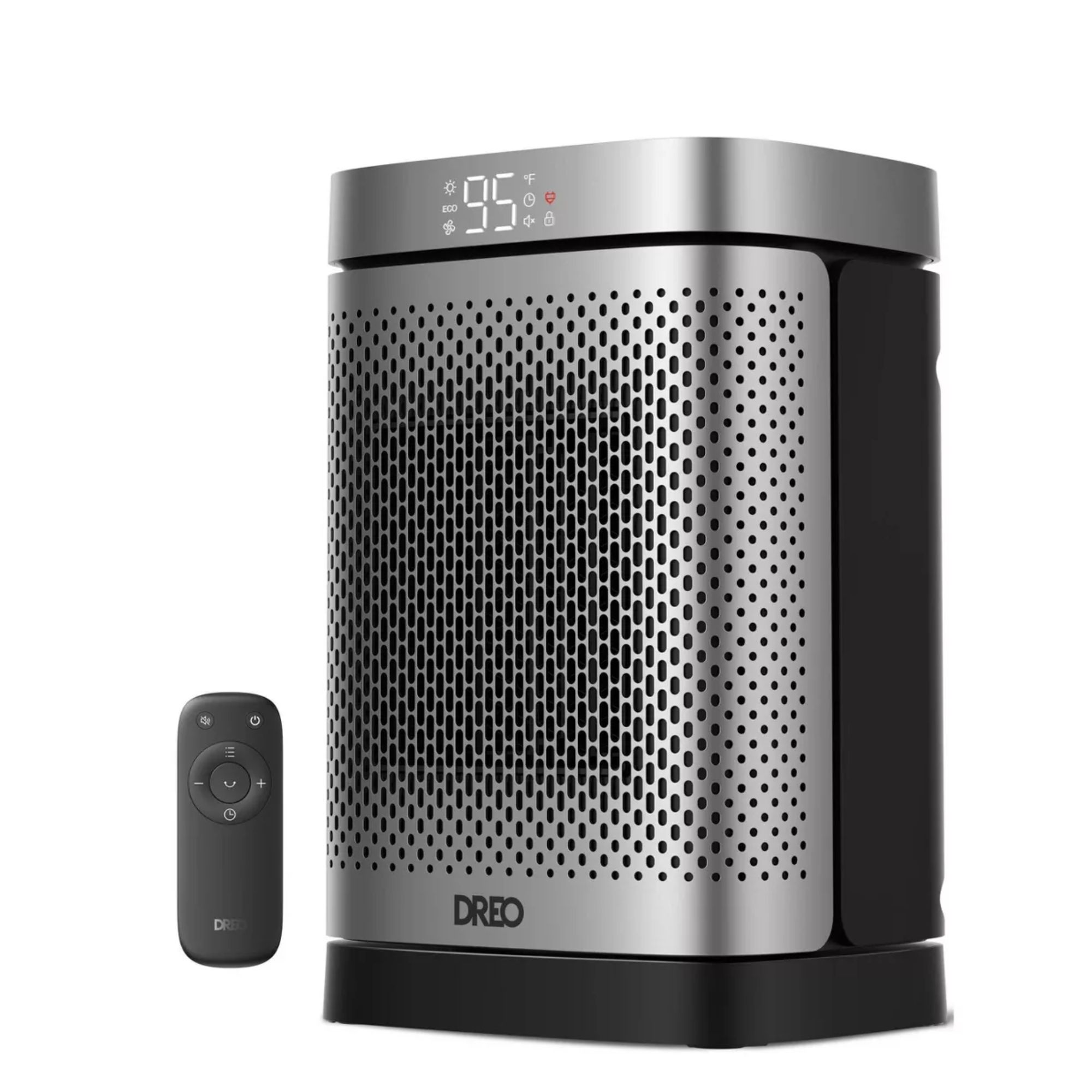
With wide-angle oscillation, this space heater keeps you cozy and comfortable, with an eco mode and quiet settings.
'Though it might feel like you're letting in cold air, the airflow from open trickle vents is minimal but essential,' says HVAC technician Mitchell. 'It helps keep your home's air clean and healthy, which is always a plus during the colder months. If you're worried about losing heat, focus on other ways to keep your home warm, like using draft stoppers (such as the HomeProtect Door Draft Stopper available at Amazon) or improving insulation, without sacrificing good air circulation.'
Should I sleep with my window open in winter? While it might not seem like an attractive option, there are a whole host of health benefits, experts explain.
Sign up to the Homes & Gardens newsletter
Design expertise in your inbox – from inspiring decorating ideas and beautiful celebrity homes to practical gardening advice and shopping round-ups.

Ottilie joined Homes & Gardens last year, after finishing a Master's in Magazine Journalism at City, University of London. With previous contributions in Livingetc and Motorsport Magazine, she produces content for the Solved section on the website, focusing on clever tips and tricks to keep your home beautiful, organized and clean. She also has a Master's degree in English Literature and History of Art from the University of Edinburgh, where she developed a love for inspiring interiors and architecture.
-
 Trust me, I'm a mattress tester – these are the best places to buy Made in USA mattresses
Trust me, I'm a mattress tester – these are the best places to buy Made in USA mattressesI know which are the best American-made mattresses as well as the best non-US mattress brands to shop before the tariffs take effect
-
 Joan Didion's living room is a masterclass in the art of 'curated clutter' – it feels like a step into the ultra-chic writer's inner world
Joan Didion's living room is a masterclass in the art of 'curated clutter' – it feels like a step into the ultra-chic writer's inner worldThe writer's living room is an autobiography, featuring a stunning collection of antiques, rows of books, and lived-in furniture
-
 Why does my house feel damp? Experts reveal the 7 common reasons, risks and fixes to apply right now
Why does my house feel damp? Experts reveal the 7 common reasons, risks and fixes to apply right nowIf your house smells musty, there might be underlying damp to sort out
-
 Do you have condensation on the outside of your windows? This simple rule of thumb determines if it's normal, or a sinister warning sign
Do you have condensation on the outside of your windows? This simple rule of thumb determines if it's normal, or a sinister warning signHVAC pros share expert insight
-
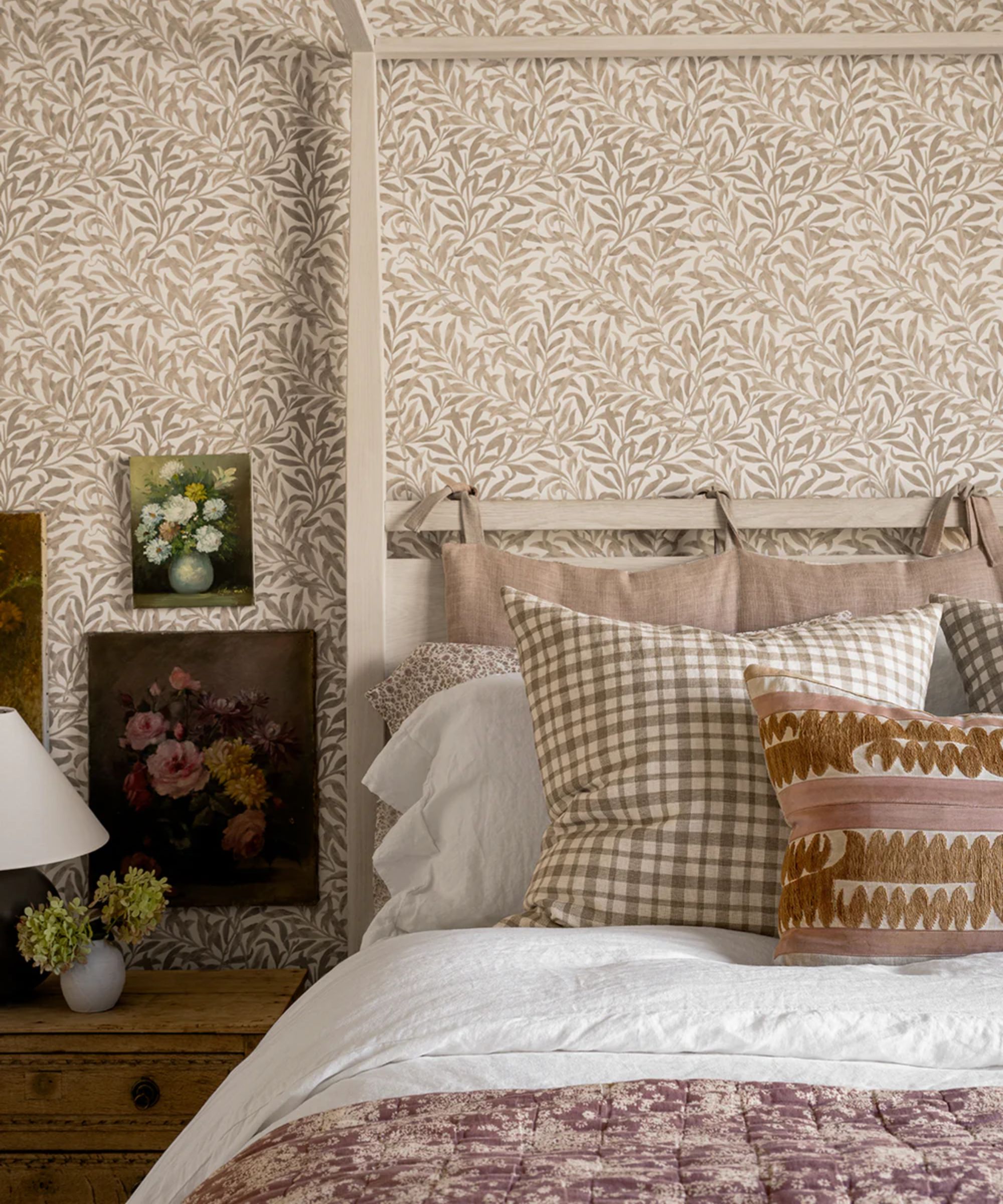 6 ways to prevent mold and damp in bedrooms – expert solutions to maintain a safe sleep environment
6 ways to prevent mold and damp in bedrooms – expert solutions to maintain a safe sleep environmentDon't sleep on these six tips, experts urge
-
 HVAC pros reveal 2 'Goldilocks' ranges for the ideal room temperature in bitter winter – it differs from day to night, and room to room
HVAC pros reveal 2 'Goldilocks' ranges for the ideal room temperature in bitter winter – it differs from day to night, and room to roomKeeping rooms at the right temperature is vital for comfort and efficiency
-
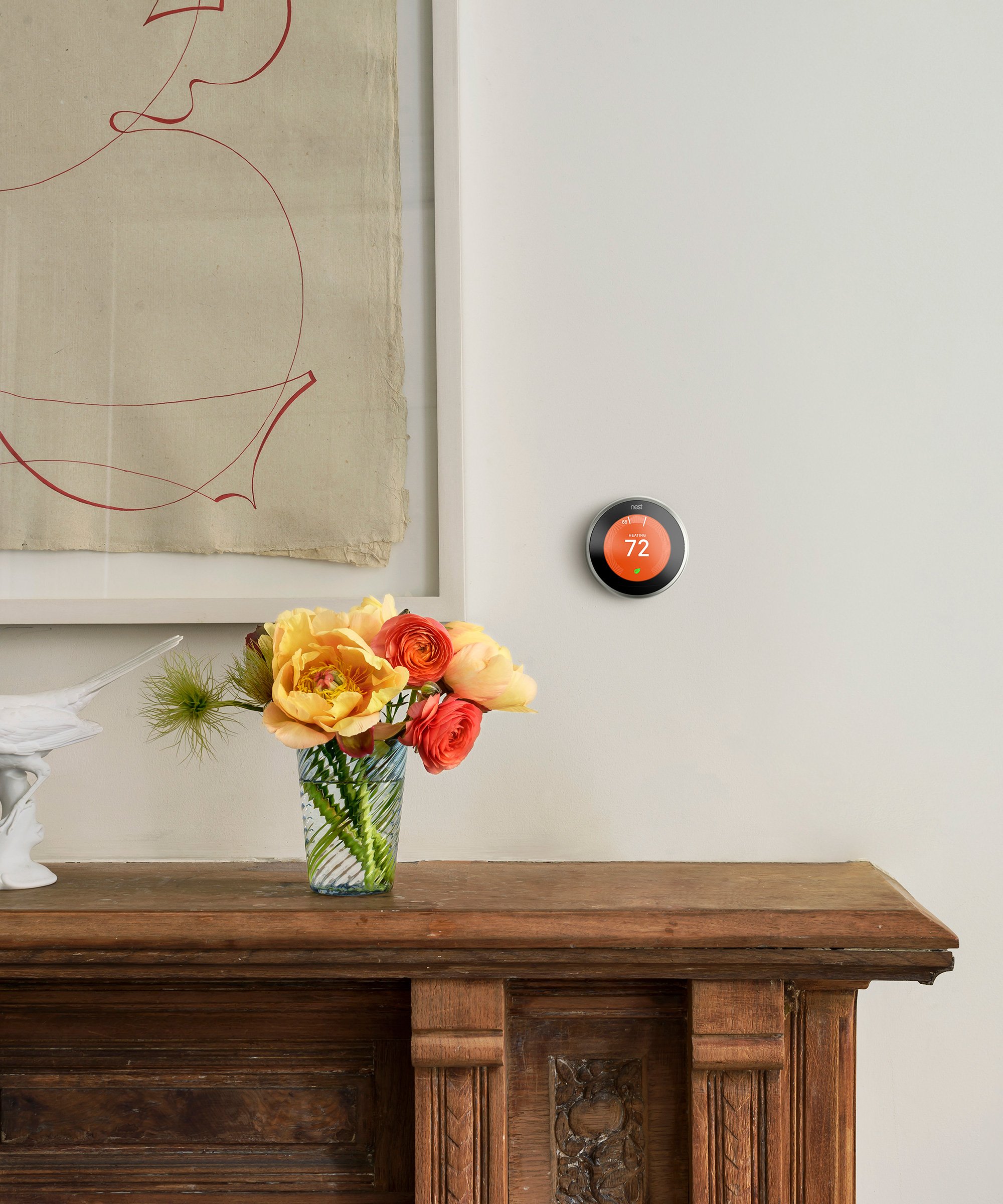 HVAC pros say this is the most efficient heating schedule to keep you warm at home all day – and why automating it is the best move
HVAC pros say this is the most efficient heating schedule to keep you warm at home all day – and why automating it is the best moveThere’s no one-size-fits-all – here’s how to tailor heating to your home
-
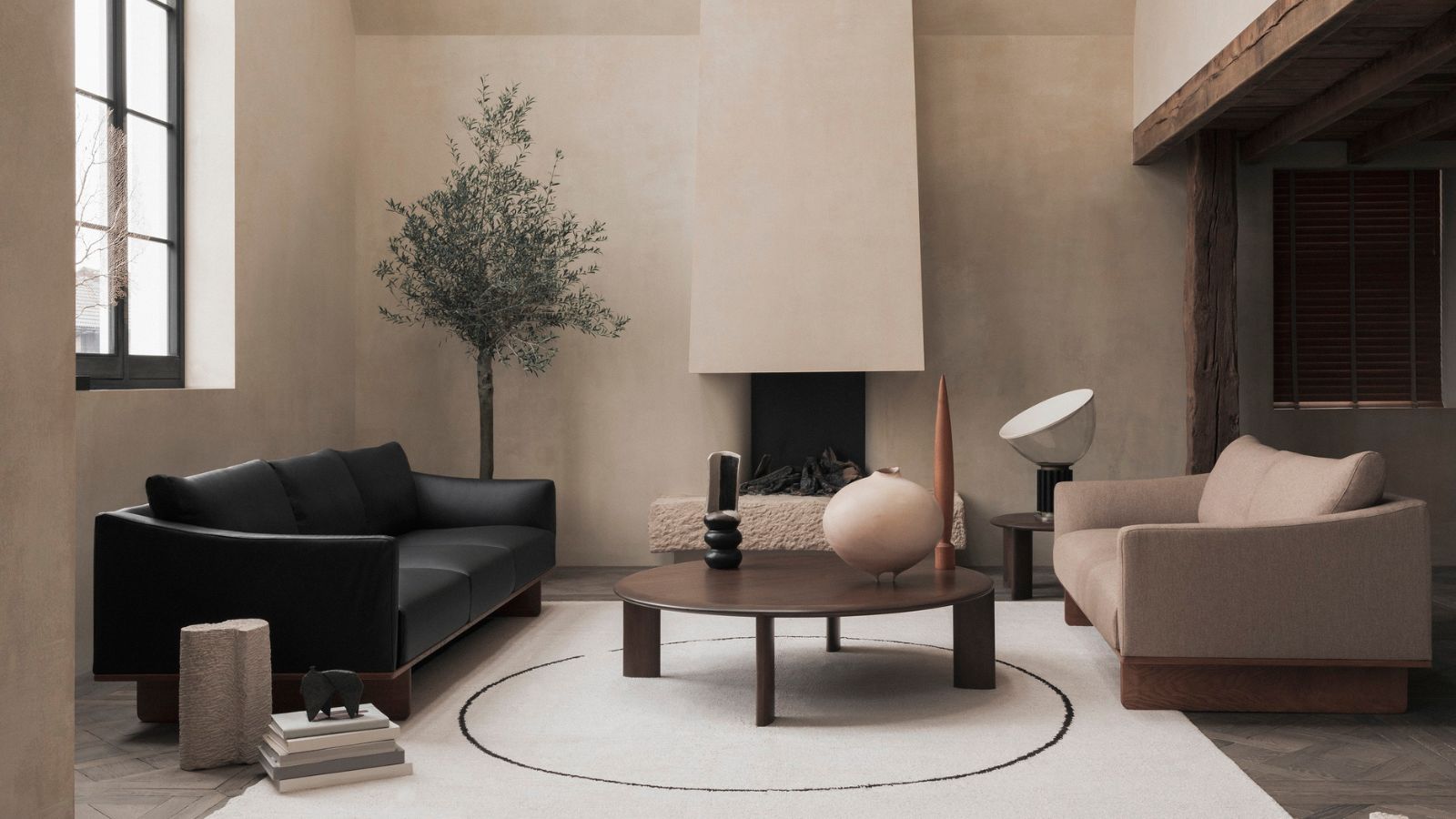 How dust and dirt increases your energy bills – plus 5 ways HVAC pros deal with it to cut costs
How dust and dirt increases your energy bills – plus 5 ways HVAC pros deal with it to cut costsThese cleaning tips could save you hundreds
-
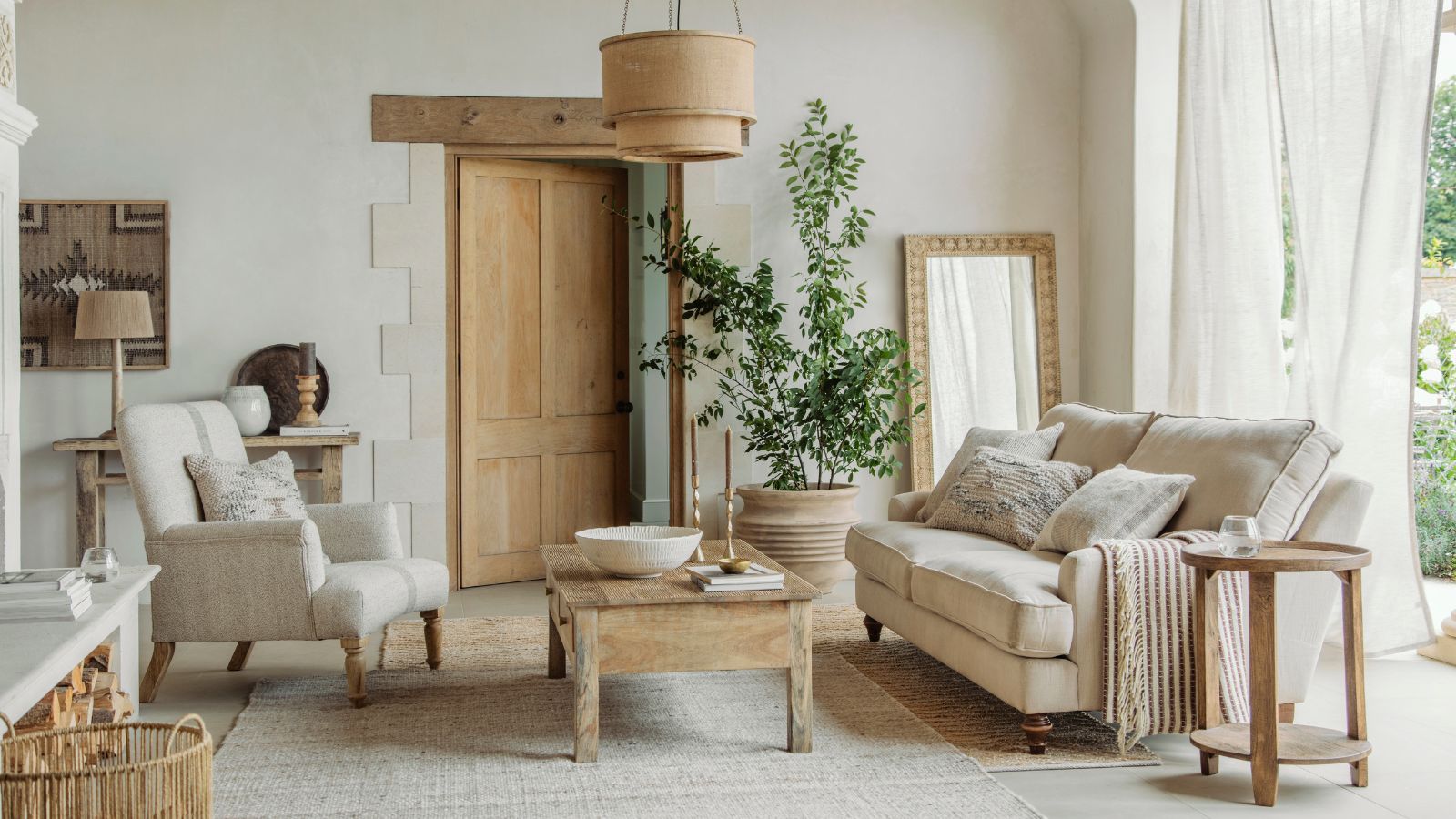 Is your house heating unevenly? HVAC pros reveal 5 common reasons, plus their top tricks for consistent heating throughout your home
Is your house heating unevenly? HVAC pros reveal 5 common reasons, plus their top tricks for consistent heating throughout your homeEliminate hot and cold spots with these fixes
-
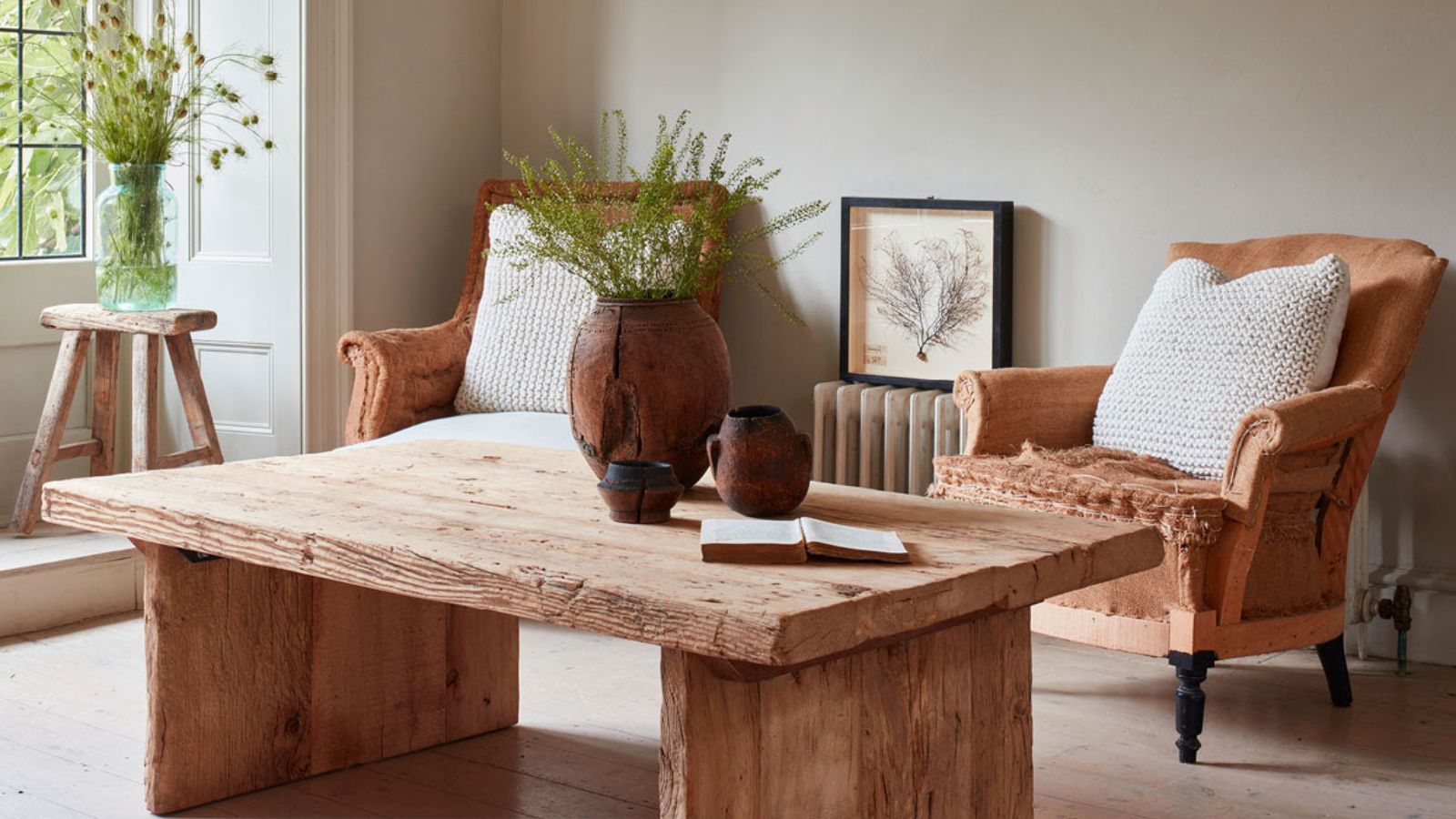 What is a zoned heating HVAC system? We get the lowdown from the pros
What is a zoned heating HVAC system? We get the lowdown from the prosThis expensive addition could actually save you money